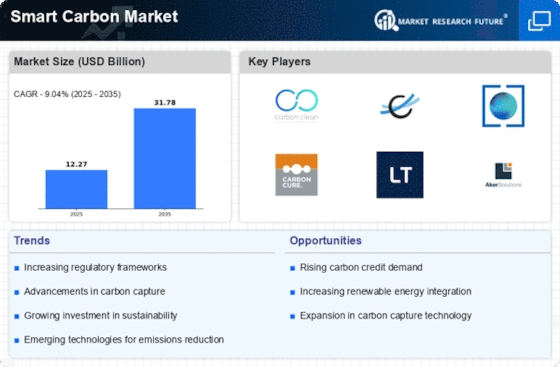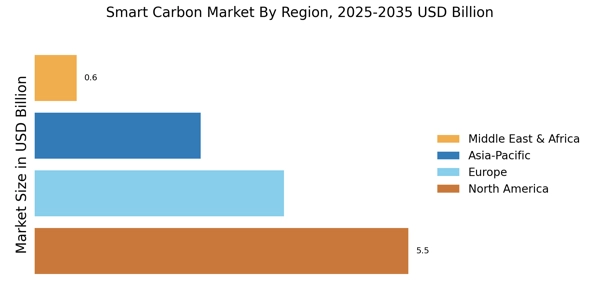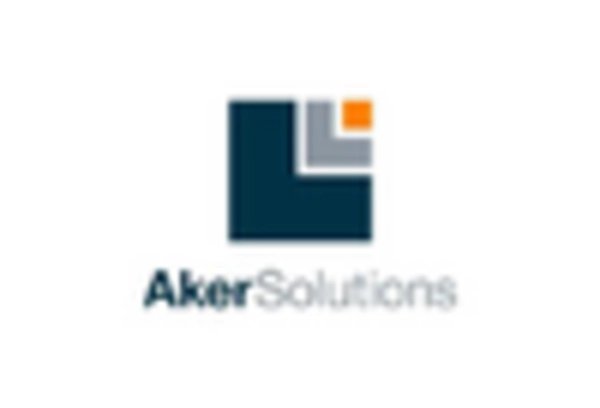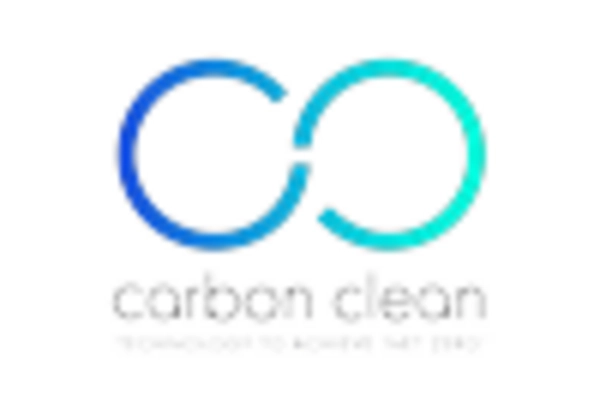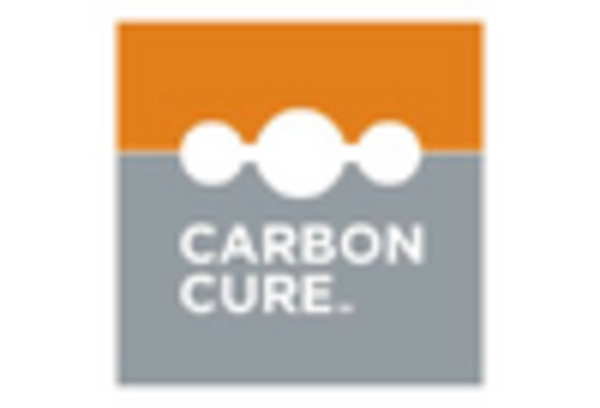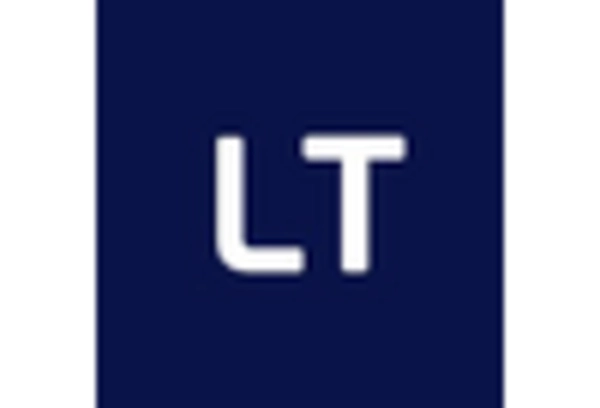Growing Public Awareness and Advocacy
The Smart Carbon Market is increasingly shaped by growing public awareness and advocacy regarding climate change and environmental sustainability. As consumers become more informed about the impacts of carbon emissions, there is a rising demand for transparency and accountability from businesses. This shift in consumer behavior is prompting companies to adopt more sustainable practices and invest in carbon reduction technologies. In 2025, surveys indicate that over 60% of consumers are willing to pay a premium for products and services that demonstrate a commitment to sustainability. This heightened awareness not only drives demand within the Smart Carbon Market but also encourages innovation and competition among businesses.
Government Incentives and Policy Frameworks
The Smart Carbon Market is bolstered by favorable government incentives and policy frameworks aimed at promoting carbon reduction initiatives. Various governments are implementing policies that encourage investments in clean technologies and carbon capture solutions. For example, tax credits and subsidies for renewable energy projects are becoming more prevalent, incentivizing companies to adopt sustainable practices. In 2025, it is projected that government funding for carbon reduction initiatives will surpass USD 20 billion, creating a conducive environment for the Smart Carbon Market to thrive. These policies not only stimulate economic growth but also contribute to achieving national and international climate goals.
Rising Demand for Carbon Offsetting Solutions
The Smart Carbon Market is witnessing an increasing demand for carbon offsetting solutions as businesses and individuals seek to mitigate their carbon footprints. This trend is driven by heightened awareness of climate change and the need for sustainable practices. In 2025, the market for carbon credits is expected to exceed USD 50 billion, reflecting a growing inclination towards carbon neutrality. Companies are actively investing in carbon offset projects, such as reforestation and renewable energy initiatives, to comply with sustainability goals. This rising demand not only supports the Smart Carbon Market but also fosters a culture of environmental responsibility among consumers and corporations alike.
Technological Innovations in Carbon Management
The Smart Carbon Market is experiencing a surge in technological innovations that enhance carbon management processes. Advanced technologies such as artificial intelligence and machine learning are being integrated into carbon capture and storage systems, improving efficiency and reducing costs. For instance, the implementation of real-time monitoring systems allows for better tracking of carbon emissions, leading to more effective mitigation strategies. According to recent data, investments in carbon management technologies are projected to reach USD 10 billion by 2026, indicating a robust growth trajectory. This technological evolution not only streamlines operations but also attracts investments, thereby propelling the Smart Carbon Market forward.
Enhanced Corporate Social Responsibility Initiatives
The Smart Carbon Market is significantly influenced by enhanced corporate social responsibility (CSR) initiatives. Companies are increasingly recognizing the importance of sustainability in their business models, leading to a commitment to reduce carbon emissions. In 2025, it is estimated that over 70% of Fortune 500 companies will have established comprehensive carbon reduction strategies. This shift is not merely a trend; it reflects a fundamental change in corporate governance, where environmental impact is prioritized. As businesses align their operations with sustainability goals, the Smart Carbon Market benefits from increased investments in carbon reduction technologies and practices.


